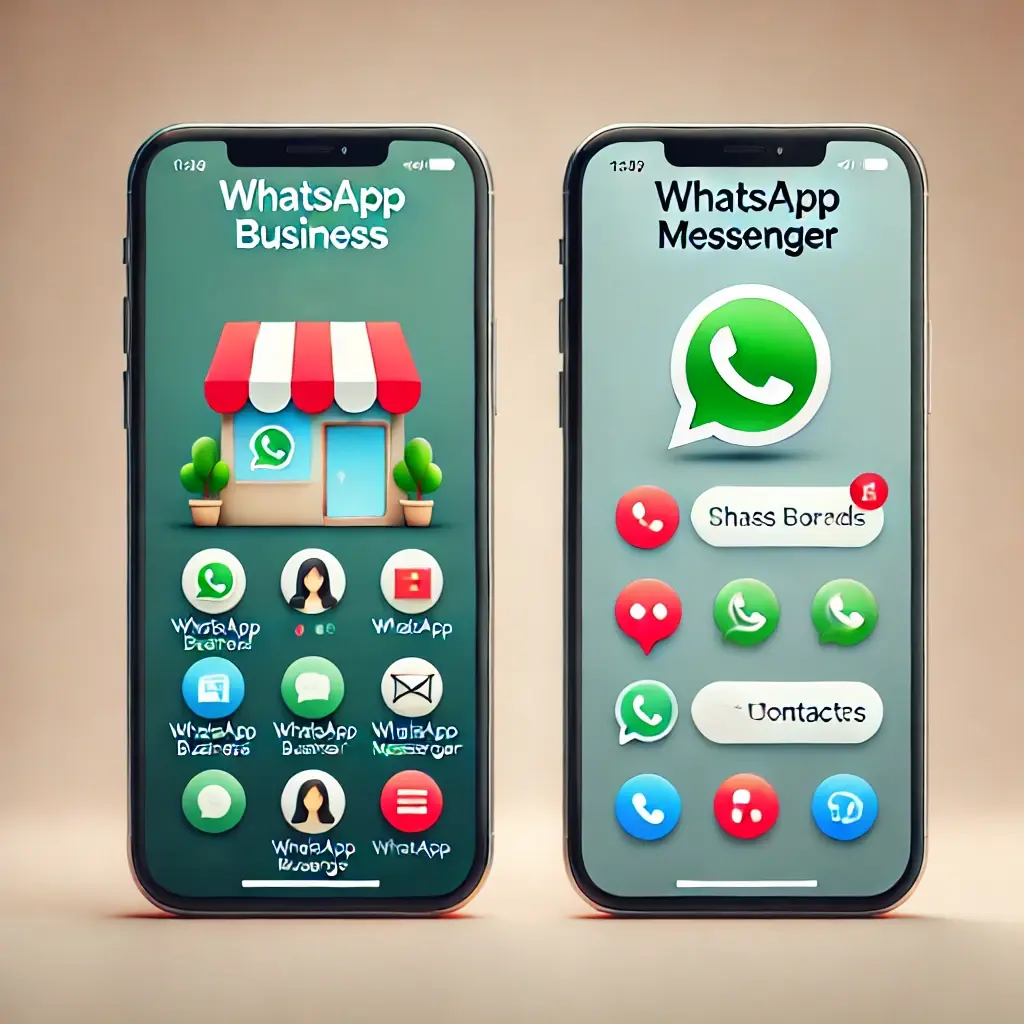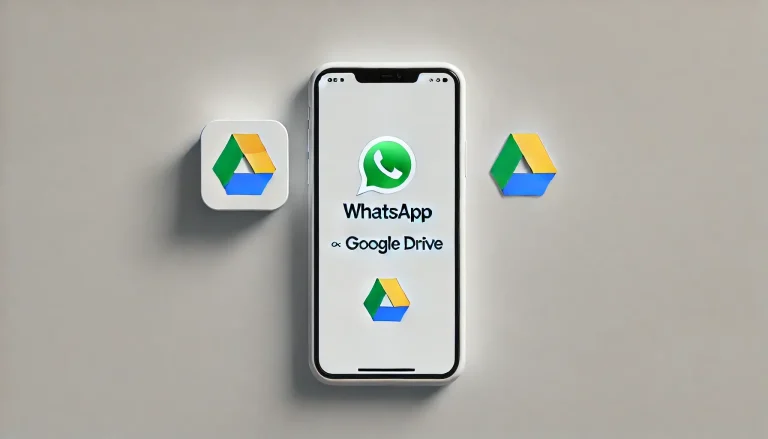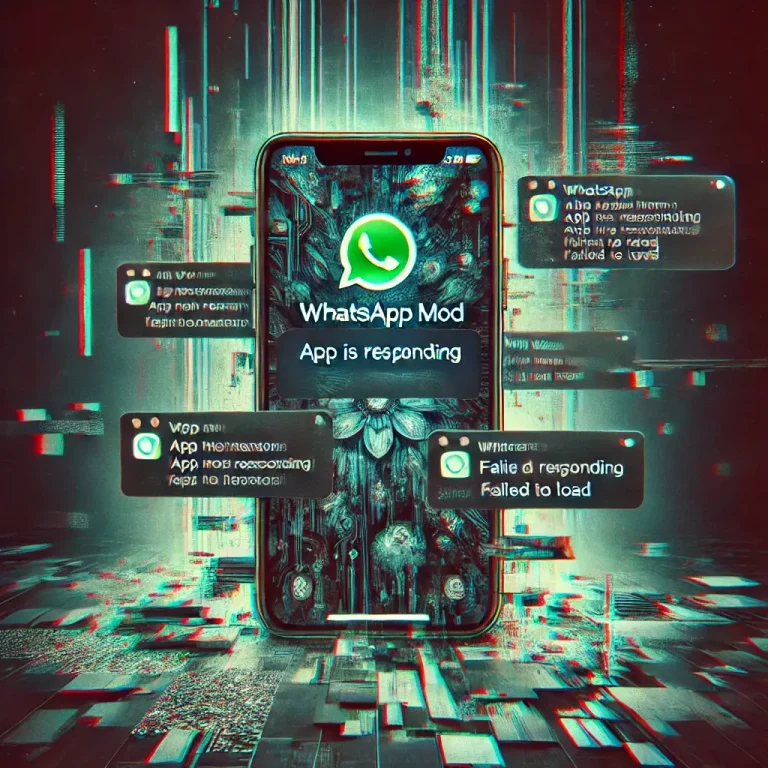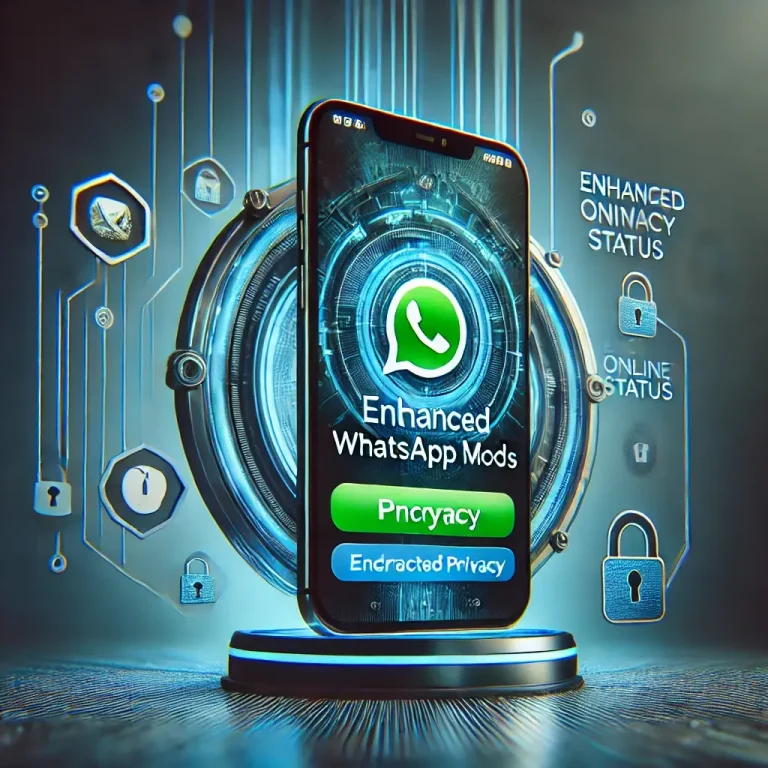Key Differences Between WhatsApp Business and WhatsApp Messenger
Now that we know what each app is designed for let’s examine the key differences between WhatsApp Business and WhatsApp Messenger.

1. Business Profile
One of WhatsApp Business’s standout features is the ability to create a detailed business profile. This profile allows you to include important information such as your business name, address, website, email, and a short description of what you offer.
Why It Matters: A business profile makes your business look more professional and provides customers with all the information they need in one place. If someone visits your profile, they can easily find your contact details and learn more about your products or services.
In contrast, WhatsApp Messenger doesn’t offer this feature. Your profile is limited to a name and a status message, which is fine for personal use but lacks the professionalism needed for a business presence.
2. Automated Messages
WhatsApp Business comes with a handy feature that lets you set up automated messages. These include:
- Away Messages: Send an automatic reply when you’re not available to respond to messages right away.
- Greeting Messages: Automatically send a welcome message when a customer contacts you for the first time or after 14 days of inactivity. Your customer will get a notification of your availability.
- Quick Replies: Save and reuse frequently sent messages to respond to common questions quickly.
Why It Matters: Automated messages help you maintain communication with your customers even when you’re not available. They ensure that your customers feel acknowledged and informed, which can improve customer satisfaction.
WhatsApp Messenger doesn’t have any automation features. Every message must be sent manually, which can be time-consuming, especially for businesses that receive a lot of inquiries.
3. Labels for Organizing Chats
WhatsApp Business allows you to use labels to organize your chats. You can create custom labels such as “New Order,” “Pending Payment,” or “Resolved Issue” to categorize your conversations and keep track of different stages in your customer interactions.
Why It Matters: Labels make it easier to manage your communications, especially if you’re dealing with many customers. They help you stay organized and ensure no message slips through the cracks.
On the other hand, WhatsApp Messenger doesn’t offer any labelling system. This isn’t usually a problem for personal use, but it can become a challenge if you’re trying to manage a business without these organizational tools.
4. Business Insights
With WhatsApp Business, you can access basic analytics that provide insights into your messages’ performance. You can see metrics such as how many messages were sent, delivered, and read. This information can help you understand how well your communication strategies are working and where you might need to improve.
Why It Matters: Business insights allow you to track interactions and make data-driven decisions. Knowing how your customers engage with your messages can help refine your approach and improve customer service.
WhatsApp Messenger doesn’t offer any analytics or insights. It’s designed for casual, personal communication, so there’s no need for this type of data.
5. Catalogs
WhatsApp Business includes a feature called “Catalogs,” which allows you to showcase your products or services directly in the app. You can create a digital storefront where customers can browse your offerings, view prices, and even place orders.
Why It Matters: Catalogs turn WhatsApp into more than just a messaging app—it becomes a platform where you can promote and sell your products. This feature is especially useful for small businesses that don’t have a separate website or e-commerce platform.
WhatsApp Messenger doesn’t have any e-commerce features like catalogs. It’s strictly for communication, not for selling products.
Which One Should You Use?
Now that you understand the key differences, the question is: which one should you use? The answer depends on your needs.
- Use WhatsApp Messenger If:
- You’re using the app for personal communication with friends and family.
- You don’t need any business-specific tools or features.
- You want a simple, easy-to-use messaging app without extra bells and whistles.
- you will also enjoy more privacy in WhatsApp Messenger as compared to WA Business.
- Use WhatsApp Business If:
- You’re running a small business and want to use WhatsApp to communicate with customers.
- You need features like automated messages, labels, business insights, and catalogs.
- You want to create a professional presence on WhatsApp and manage customer interactions more effectively.
Conclusion
WhatsApp Messenger and WhatsApp Business are excellent apps but serve different purposes. If you’re a regular user who wants to stay in touch with friends and family, WhatsApp Messenger is the perfect choice. However, if you’re a business owner looking to leverage WhatsApp for customer communication and sales, WhatsApp Business offers the tools you need to succeed.
By choosing the right version of WhatsApp, you can ensure that you’re getting the most out of the app, whether for personal or business purposes. So, take a moment to consider your needs and make the choice that’s best for you.






